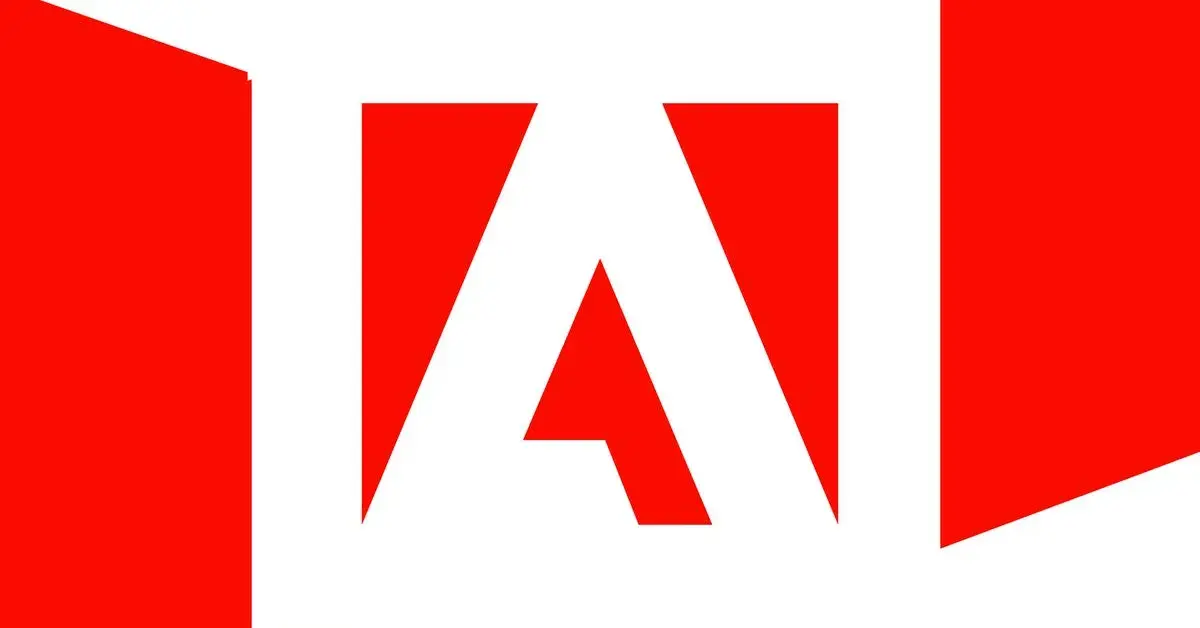- cross-posted to:
- technology@lemmy.world
- cross-posted to:
- technology@lemmy.world
wonder what fraction of a fraction of a percent of their yearly profit they’ll be charged this time
I’m sure they will be slightly inconvenienced for the duration of a single meeting
0.00000003% 3 Satoshis of a percent.
@alyaza about time. No matter how hard you try to actually read and understand the agreement, in the end they hit you with “ughh pay us twice as more” anyway.
Business as usual.
I feel like at this point, all these lawsuits are for show.

🤖 I’m a bot that provides automatic summaries for articles:
Click here to see the summary
The lawsuit alleges Adobe “hides” the terms of its annual, paid monthly plan in the “fine print and behind optional textboxes and hyperlinks.” In doing so, the company fails to properly disclose the early termination fee incurred upon cancellation “that can amount to hundreds of dollars,” the complaint says.
“Adobe trapped customers into year-long subscriptions through hidden early termination fees and numerous cancellation hurdles,” Samuel Levine, director of the FTC’s Bureau of Consumer Protection, said in a statement.
“Americans are tired of companies hiding the ball during subscription signup and then putting up roadblocks when they try to cancel.” The federal government began looking into Adobe’s cancellation practices late last year.
In 2012, Adobe went from selling its creative software for lifetime use to charging users for a monthly or yearly subscription to its suite of products, including Photoshop, Illustrator, InDesign, and others.
Earlier this month, Adobe’s new terms of service were met with backlash after some interpreted the move as an opportunity to train its AI on users’ art.
In 2022, Adobe attempted to acquire the product design platform Figma for $20 billion, but it abandoned the deal last year after facing antitrust scrutiny from European regulators.
Saved 56% of original text.








